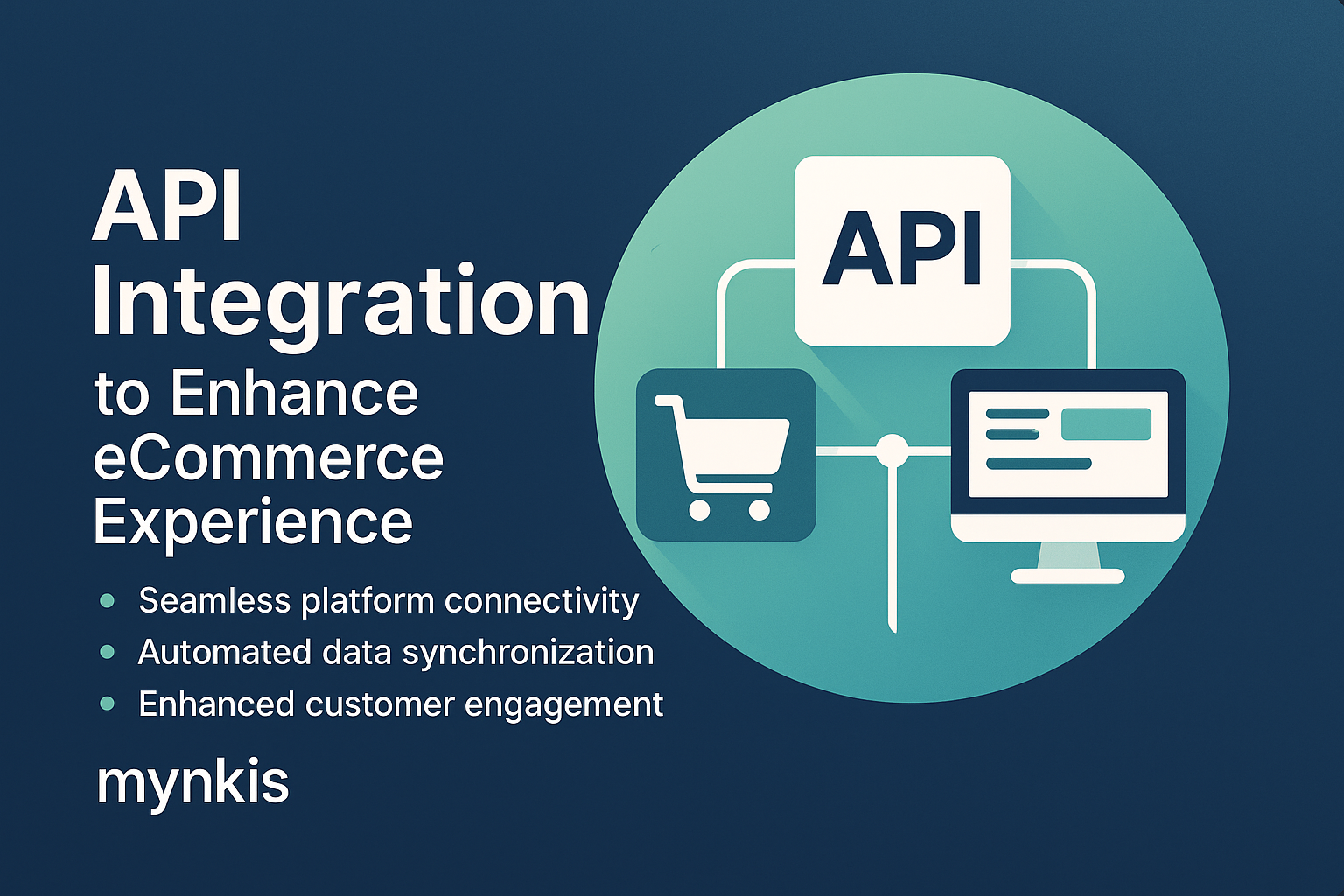Schedule a Demo
In my work with various retail clients, I've seen time and again how API integration forms the backbone of scalable e-commerce solutions. APIs—or Application Programming Interfaces—allow different software systems to communicate, enabling a fluid flow of data between your website and other platforms, be it payment gateways, CRM systems, or inventory management.
One of the cool, often overlooked aspects of API integration is how it can enhance your site's SEO. By utilizing an API to fetch real-time data, you can ensure your product information is always up-to-date, thus benefiting search engine crawlers. I've helped several businesses leverage this tech by integrating with SEO tools that automatically adjust metadata and content for optimal search engine visibility.
In my collaborations with retailers, personalization has always surfaced as a priority. APIs allow you to tailor your website's behavior to individual customers. For instance, integrating a customer's past interactions with your product database can help display personalized recommendations—a move that significantly improves the shopping experience and thus user satisfaction.
Data silos can be the silent killers of efficiency in businesses. I've spent numerous late-night sessions mapping out strategies to break down these silos for clients, and time and time again, APIs have proven essential. By allowing seamless data sharing across different sectors of your business—from sales to logistics—you create an integrated, responsive e-commerce ecosystem.
Being out of stock? Now, that's an e-commerce faux pas none of us want on our hands. By integrating inventory management systems through APIs, your e-commerce store can display accurate stock levels in real-time, reducing the chances of frustrated customers and lost sales. Think about it; your website's promise remains valid because, with an API, what you see is precisely what your customer gets.
Speed, speed, and even more speed—I hear that from my clients all the time. APIs come into play big time in this regard. By integrating with payment processors, you can ensure a swift checkout process for your users. This seamless integration of multiple payment gateways means customers feel secure no matter their preferred payment method.
In the dynamic retail environment, ensuring a consistent user experience across different platforms like mobile, desktop, and maybe even a physical store, requires more than a generic approach. I've used API integration to create a fluid transition for user data, preferences, and even promotions that keep your brand unified across the board.
Talking about API integration without addressing security would be, well, neglectful. API endpoints are potential points of vulnerability, but with the right configurations, you minimize these risks. Using secure API tokens and encryption protocols can make the difference between a safe online environment and a security incident. I always stress the importance of robust security practices to my clients—they're a non-negotiable for trust and effectiveness.
Cost considerations often throw a wrench in the plans when discussing API integrations. Yet, from my experience, the question isn't solely whether it's an investment your business can afford but if you can afford to miss out on what APIs bring to the table. Yes, it's an investment, but one that often yields substantial returns in terms of efficiency, sales, and customer satisfaction.
The promise of API integration sounds wondrous, but let's be real—it can be complex. For retailers stepping into this realm for the first time, customizing and optimizing APIs requires dedication. I guide my clients through a meticulous selection of APIs that align with their business model, ensuring ease of integration and superior user outcomes.
Looking to the horizon, the dynamism of your e-commerce venture hinges on its ability to scale. API integration, when done right, ensures that your website can keep pace with increased demand without a hitch. It's not just about having a store; it's about having one that grows with you, and APIs are a key component in this trajectory.
Navigating the future of retail demands a robust strategy—and API integration stands out as a critical component. It's not just about throwing APIs into your system but designing a sleek, practical, and ever-evolving e-commerce framework. As retailers navigate these waters, the power of custom software solutions equipped with effectively integrated APIs will undoubtedly influence their long-term success.
Based on available research, individual results with API integration may vary. It's wise to consult with technology professionals to ensure compatibility and alignment with your business's specific needs and capabilities.
